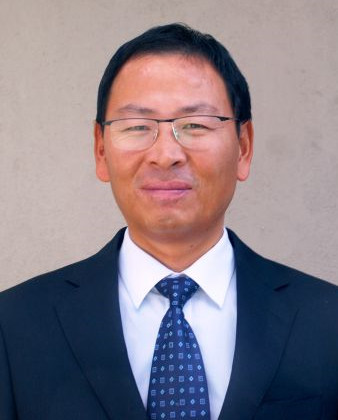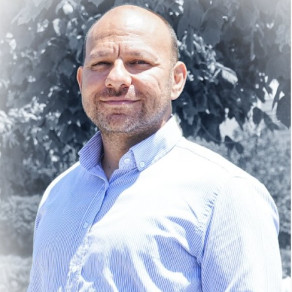KEYNOTE Speaker
EXPERTS

Zongping Shao
Curtin University, Australia
Zongping Shao is a John Curtin Distinguished Professor at Curtin University, Australia, and also a professor at Nanjing Tech University, China. He obtained his Ph.D. degree in 2000 from the Dalian Institute of Chemical Physics, China. After that, he worked as a visiting scholar at the Institut de Researches Sur La Catalyse, CNRS, France, then as a postdoctoral fellow at the California Institute of Technology, USA, from 2000 to 2005. His current research interests include fuel cells, lithium-ion batteries, metal air batteries, solar cells, and oxygen-permeable membranes. He has been recognized as a highly-cited researcher by Clarivate Analytics since 2017.

Ahmet Selim Dalkilic
Yildiz Technical University in Istanbul, Turkey
"Ahmet Selim Dalkilic obtained his B.S., M.S., and Ph.D. degrees from Yildiz Technical University in Istanbul, Turkey. Following his Ph.D. work on in-tube condensation phenomena at smooth and corrugated tubes during turbulent flow, he conducted his post-Ph.D. work at King Mongkut's University of Technology Thonburi, Bangkok, Thailand, between 2006 and 2007. This work was a continuation of his PhD work on in-tube condensation phenomena in smooth and microfin tubes during laminar flow. The ScholarGPS website ranks him among the top 100 researchers on condensation and 644 researchers on heat transfer worldwide. Stanford University also ranks him among the top 2% of most successful scientists. He served as a member of the Elsevier-sponsored Innovation Explorer for Scientific Researchers to evaluate Elsevier journals' websites from 2009 to 2012. Currently, he holds a full professor position in the Mechanical Engineering Department and serves as the editor-in-chief of the Journal of Thermal Engineering, a Q3 journal with ESCI and SCOPUS indexes, which he founded in 2014. Since 2021, he has also served as the editor-in-chief of the Sigma Journal of Engineering and Natural Sciences, maintaining the same qualifications. His research covers a wide area of thermal sciences, especially looking at how heat moves in systems like air conditioning and heating, as well as in devices that transfer heat, such as special tubes and channels during different types of fluid flow. Recently, his research group has been working on technologies that use CFD methods to simulate heat transfer problems, machine learning for heat transfer applications, nanoparticles to find their physical properties, conditioning for stability, and flows in improved tubes or channels. He has received several international awards from conferences and innovation exhibitions for his contribution in the field of heat transfer and two-phase flows. Every year, his university awards him for being among the most successful researchers. In addition, he has been one of the most successful academicians in his faculty for more than 15 years. Moreover, he has organized many international conferences with broad participation as their chairman or co-chairman since 2015 and authored or co-authored more than 350 reviewed publications."
